Language Revitalization: Institute of the Peoples of the North in St. Petersburg, Russia
This text was produced for the Ságastallamin - Telling the Story of Arctic Indigenous Languages exhibition in 2019. Read more about the Ságastallamin exhibition.
All photos shared by the Institute of the Peoples of the North.
Almost a century of Indigenous linguistic and cultural studies
The success story of the Institute of the Peoples of the North began in 1930, when Herzen State Pedagogical University in St. Petersburg opened a new department offering courses in Indigenous languages and cultures for educators working in the Russian Arctic. The number of programs and courses on Arctic Indigenous languages and culture grew steadily and, in 2001, were organized into the Institute as it is known today.
The Institute of the Peoples of the North currently teaches 23 Indigenous languages and offers Bachelor, Master and PhD programs in four departments: Altai languages, folklore and literature; Ural
languages, folklore andliterature; Paleo-Asian languages, folklore and literature; and ethnocultural science.
The Institute’s largely Indigenous faculty and leadership distinguishes it from other linguistic and cultural studies departments. The Institute annually admits students from small-numbered Indigenous Peoples of the North, Siberia and the Far East of Russia. Many Indigenous graduates have returned to the Institute to continue studying and promoting their languages, and went on to become professors, department heads and Institute directors.
Other graduates have returned to their home regions. Most of them became teachers, but some have become writers, academics, journalists, museum workers, translators, masters of arts and crafts and performers of dance and musical folklore. The Institute’s graduates, teachers, and researchers have developed writing systems for transcribing Arctic Indigenous languages and produced textbooks and teaching materials on Indigenous languages and literature. All in all, the Institute has trained more than 3,000 specialists of Indigenous languages, literature, and culture.
The Institute also hosts the Northern Borealis ensemble – a folklore theatre which strengthens Arctic Indigenous languages through the performance of unique Indigenous dances, songs, and musical traditions. The group has become a creative laboratory that develops, revitalizes, and creates modern art forms from Indigenous Peoples’ dances and musical folklore. The ensemble gives concerts regularly in St. Petersburg and Moscow, but has also performed far and wide both at home and abroad in Finland, Italy, Spain, Lithuania, the USA, and countless international festivals and events.
Along with the dance group, the Institute cooperates with many partners – including the Russian Academy of Science, the Russian Ethnographic Museum, the Museum of Anthropology and Ethnography (Kunstkamera), the Museum of History and Religion, and others – to use both academics’ and practitioners’ expertise in the development and revitalization of Indigenous Peoples’ languages and cultures in Russia.
Disclaimer
All information was provided by the Institute of the Peoples of the North.

